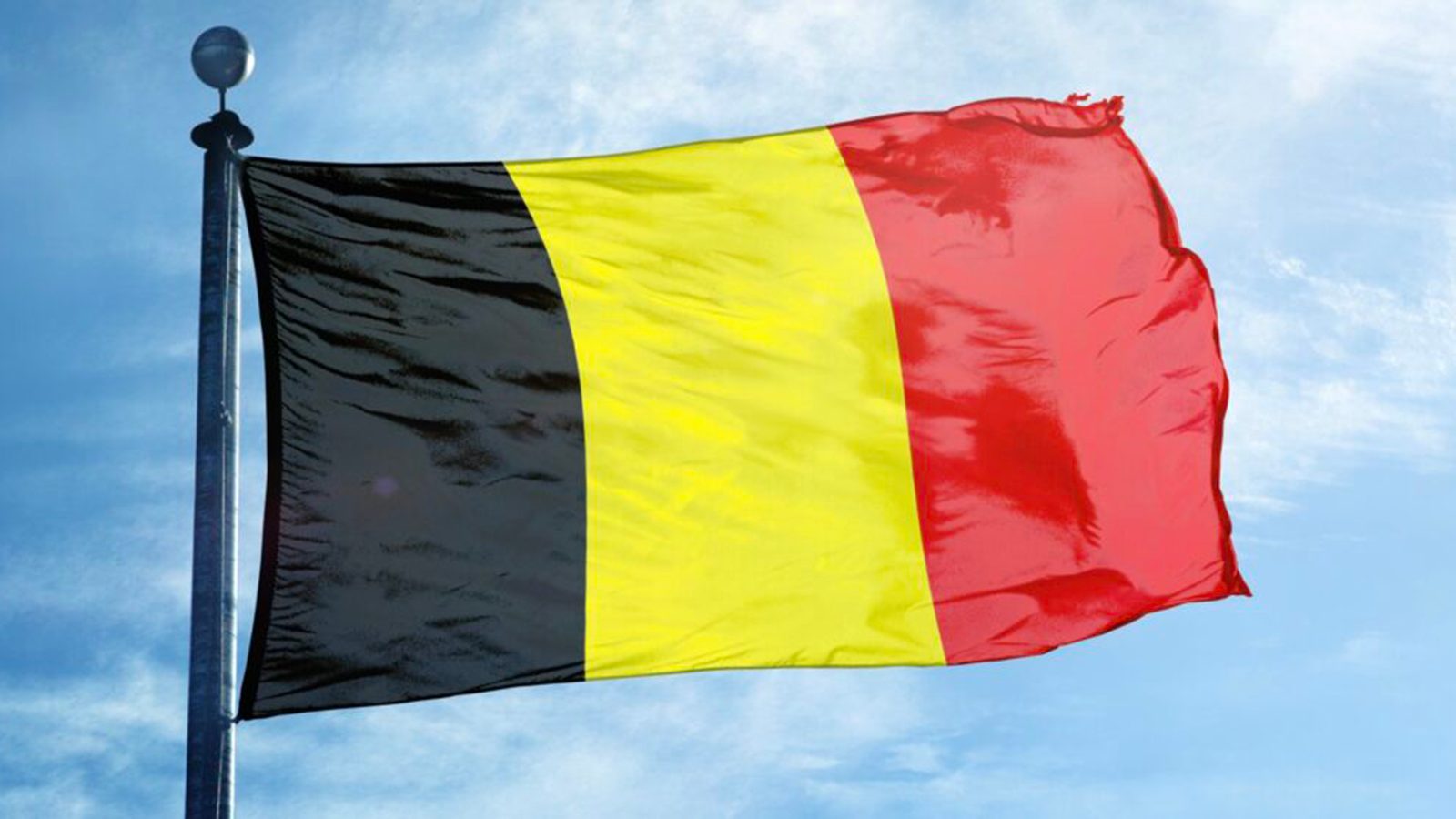Belgium’s Responsible Gaming Revolution

Six major Belgian gaming operators have recently pledged their commitment to the Duty of Care Covenant. This initiative, spearheaded by the Belgian Association of Gaming Operators (BAGO), aims to expedite the identification and prevention of problematic gaming behavior, according to a report by BAGO.
The Urgency of Responsible Gaming
Damien Thiéry, the Secretary General of BAGO, stressed the importance of addressing the issue promptly. He cited estimates from Sciensano, indicating that approximately 0.9 percent of the population is susceptible to gambling addiction. This addiction often leads to a cascade of issues, including emotional, relational, and financial challenges. Thiéry emphasized that the primary goal is to prevent such consequences, as legal gaming operators aspire to provide a secure and responsible form of entertainment.
Pillars of Prevention: What the Covenant Entails
By signing the covenant, the six operators have committed to implementing a comprehensive prevention policy founded on four essential pillars:
Detection System Advancements
The first pillar involves the development of a cutting-edge detection system. This system relies on algorithms, artificial intelligence (AI), and scientifically validated criteria to identify potentially risky gaming behavior. The integration of technology aims to create a proactive approach to identifying and addressing issues before they escalate.
Protective Measures for Gamblers
The second pillar focuses on actions and recommendations to protect gamblers. These measures include providing information on potential risks, proposing voluntary deposit limits, and allowing users to exclude themselves voluntarily. By offering these protective measures, operators aim to empower players to make informed decisions about their gaming habits.
Education and Training for Staff
Recognizing the pivotal role of frontline staff, the third pillar involves extensive education and training programs. This initiative ensures that gaming venue employees can identify potential problems and take appropriate actions when interacting with patrons. By enhancing staff awareness, the gaming industry aims to create a safer environment for players.
Collaboration with Regulatory Bodies
The fourth and final pillar involves actively sharing the prevention policy with the Gaming Commission. This collaborative effort between operators and regulatory bodies is crucial for fostering transparency and accountability within the gaming industry. By keeping regulatory authorities informed, operators contribute to a collective approach to responsible gaming.
The Composition of BAGO
BAGO, the driving force behind this initiative, is composed of prominent gaming operators in Belgium. The alliance includes Ardent Group, Betfirst, Golden Palace, Napoleon, Star Casino, and Kindred. Collectively, these operators represent approximately 70% of the Belgian private gambling market.
Legislative Changes on the Horizon
Simultaneously, new legislation is set to take effect on December 1st, mandating identity checks at betting shops. This legislative shift aims to bolster efforts in preventing underage individuals or those listed in the Excluded Persons Information System (EPIS) from engaging in betting activities.
Safeguarding Vulnerable Individuals through EPIS
The EPIS list serves as a protective measure by excluding individuals with known gambling problems. The current statistics indicate that 48,641 people have voluntarily excluded themselves, 919 were excluded by a third party, 661 by an administrator, 66,474 due to collective debt settlement, 5,932 due to a court decision, and 58,234 based on the nature of their occupation.
Industry Reflection and the Path Forward
The recent initiatives undertaken by both the gaming operators and legislative bodies underscore a collective commitment to fostering responsible gaming practices. As the industry evolves, ongoing reflection and adaptation will be essential to address emerging challenges and ensure the well-being of all stakeholders.
Frequently Asked Questions (FAQs)
What prompted the Belgian gaming operators to sign the Duty of Care Covenant?
The operators signed the covenant in response to the growing concerns surrounding problematic gaming behavior, with a commitment to developing a proactive prevention policy.
How does the detection system mentioned in the covenant work?
The detection system relies on algorithms, artificial intelligence, and scientifically based criteria to identify potentially risky gaming behavior, allowing for early intervention.
What protective measures are included in the covenant for gamblers?
The covenant includes measures such as providing information on potential risks, proposing voluntary deposit limits, and allowing users to exclude themselves voluntarily.
Why is education and training for staff emphasized in the prevention policy?
Education and training for staff are crucial to ensure that frontline employees can identify potential problems and take appropriate actions when interacting with patrons, creating a safer gaming environment.
How do the gaming operators plan to collaborate with regulatory bodies?
The operators commit to actively sharing their prevention policy with the Gaming Commission, fostering transparency and accountability within the gaming industry.
Who are the members of BAGO?
BAGO comprises prominent gaming operators in Belgium, including Ardent Group, Betfirst, Golden Palace, Napoleon, Star Casino, and Kindred, collectively representing about 70% of the Belgian private gambling market.
What legislative changes are set to take effect on December 1st?
Starting December 1st, betting shops will be required to conduct identity checks to prevent underage individuals or those listed in the Excluded Persons Information System (EPIS) from engaging in betting activities.
How does the EPIS list protect individuals with gambling problems?
The EPIS list excludes individuals with known gambling problems, with categories such as voluntary exclusion, third-party exclusion, administrator exclusion, collective debt settlement exclusion, court decision exclusion, and occupational exclusion.
What is the significance of the legislative changes and the Duty of Care Covenant for the gaming industry?
These initiatives signify a collective commitment to fostering responsible gaming practices, reflecting the industry’s dedication to addressing emerging challenges and ensuring the well-being of all stakeholders.
How can the gaming industry adapt to future challenges in responsible gaming?
Ongoing reflection and adaptation will be essential for the gaming industry to address emerging challenges, staying proactive in fostering responsible gaming practices and safeguarding the interests of players and stakeholders.
Recommended Posts

iGaming Journey – Discover New Favorites
May 20, 2024

REEVO Partners with Dench eGaming Solutions
May 20, 2024

Legal Nuances of Operating an Online Casino
May 17, 2024



